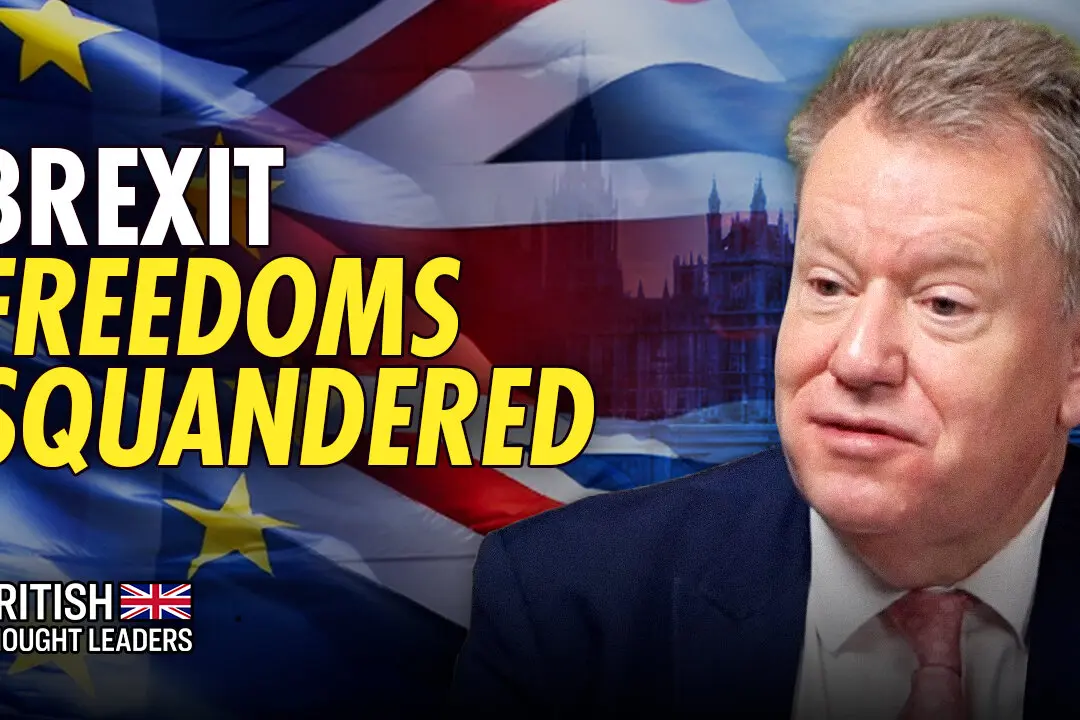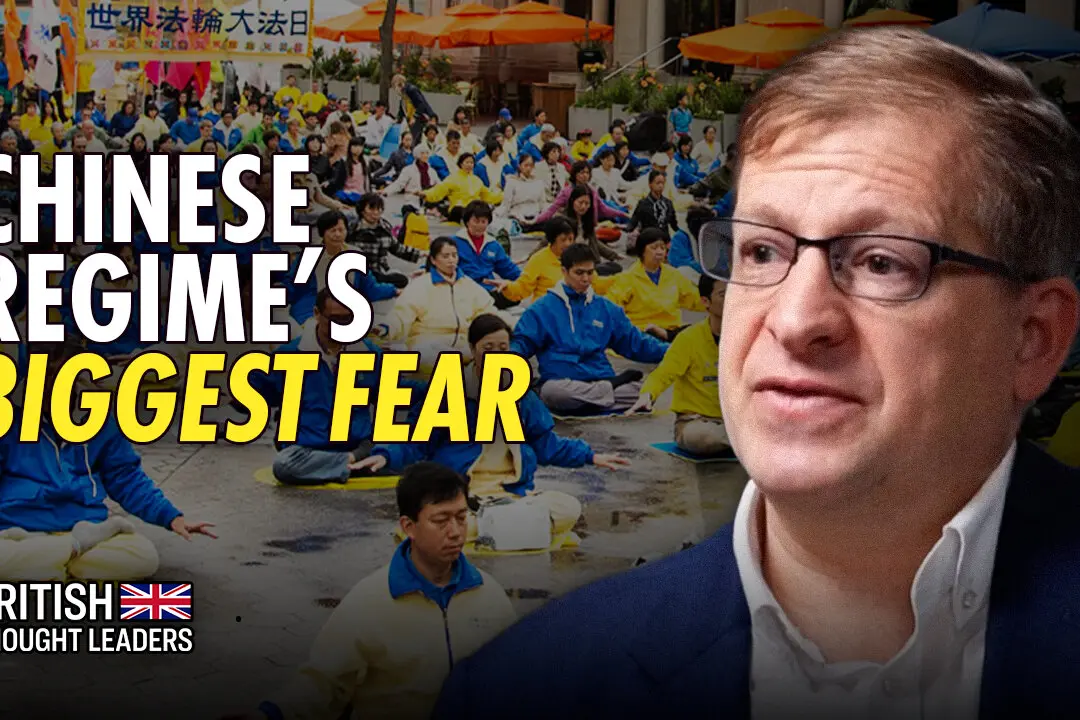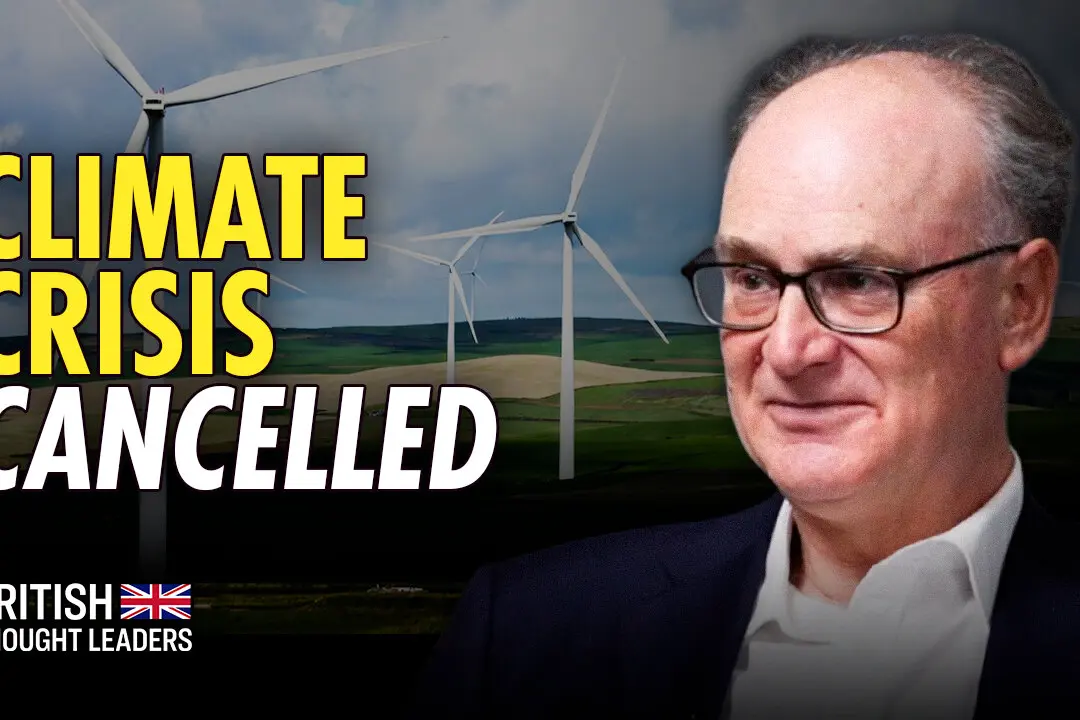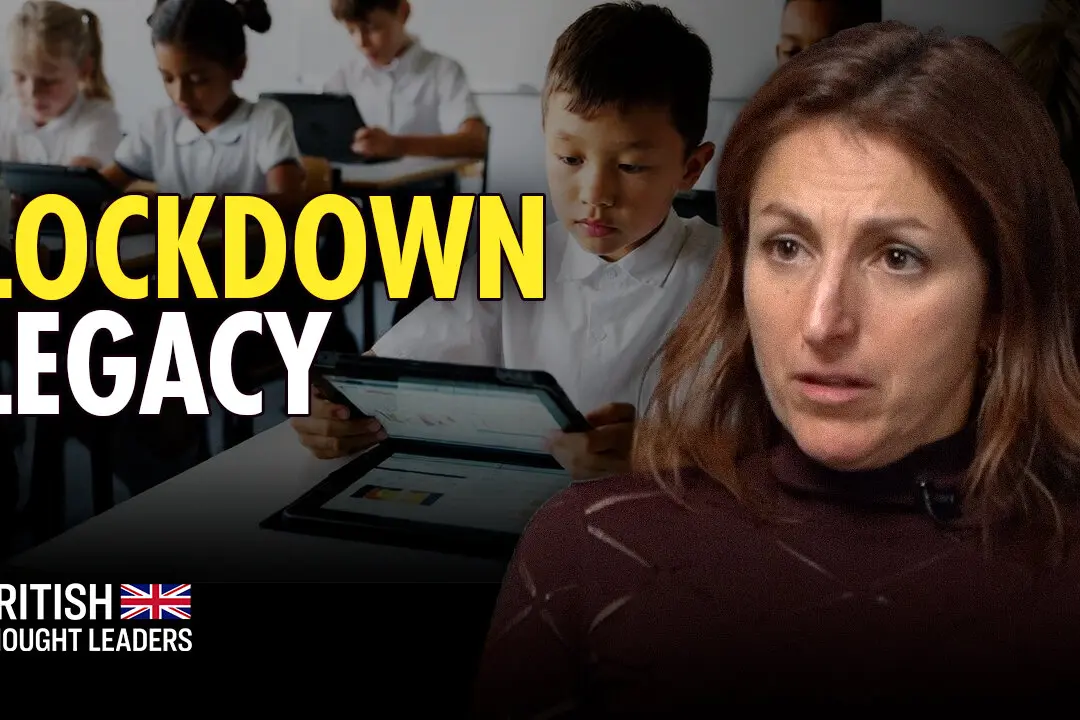The policy to erase Britons’ collective carbon footprint—otherwise known as Net Zero—has been a matter of broad political consensus for decades and has been little challenged by the media or in the court of public opinion.
But that public support is “paper thin” and relies on people not really grasping just how much their lives will change as Britain heads into a Net Zero future, according to the head of a Net Zero watchdog.






